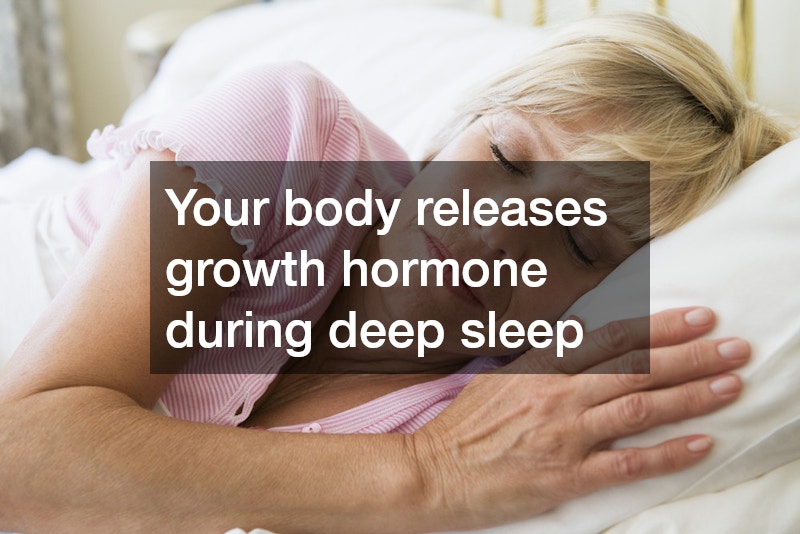The Role of Free Radicals and Oxidative Stress

Free radicals can damage your cells and accelerate the aging process. Reduce your exposure to radicals to slow the aging process. Vitamins C and E are antioxidants that can neutralize free radicals, protecting your cells. Consuming a diet high in fruits and vegetables will help you increase your antioxidant intake.
Telomeres: The Guardians of Your DNA
Telomeres, the protective caps that cover the ends of your DNA strands, become shorter with age. Your cells cannot divide if your telomeres are too short. This leads to aging. Certain lifestyle factors such as stress reduction, exercise and healthy eating can slow the aging process.
Hormonal Changes and Aging
Your body produces less testosterone and estrogen as you age. This decline in hormones can lead to age-related issues such as cognitive decline, loss of muscle mass, and osteoporosis. Hormone replacement therapy is an effective way to slow down aging and manage symptoms associated with hormone decline.
Managing Inflammation for Better Aging
Chronic inflammation plays a major role in the aging process. Inflammation damages your cells and tissues, which can lead to age-related diseases such as arthritis, cancer, and heart disease. Reduce your sugar intake and processed food intake, and increase your physical activity to help reduce inflammation.
The Importance of Quality Sleep

Research has shown that sleep is an important component of health. Getting enough good quality sleep can also help slow down the aging process. Your body releases growth hormone during deep sleep. This hormone is important for repairing and rejuvenating cells.
Exploring Clinical Interventions for the Elderly
There are several clinical interventions that can slow down the aging process or even mask it. You may be familiar with four of the more popular ones:
Hormone Replacement Therapy
Hormone replacement therapy, as mentioned above, can slow down the aging process by replacing hormones that decrease with age. This treatment is particularly beneficial for women who are going through menopause and experiencing symptoms like hot flashes or mood swings.
Stem Cell Therapy
Stem cell therapy, a relatively recent clinical intervention, has shown promising results in slowing the aging process. Stem cells are injected into the body to repair damaged organs and tissues. This can increase overall health and longevity.
Dermal Fillers
Dermal fillers can also help reduce the signs and symptoms of aging. They fill in wrinkles and add volume to areas that have lost firmness and elasticity.
Anti-Wrinkle Injections
The best way to reduce wrinkles and fines lines that are caused by ageing is with anti-wrinkle injectables. These injections contain a substance that temporarily paralyzes the facial muscles. This gives you a more youthful and smoother appearance.
Choose a clinic with experienced practitioners and top-quality anti-wrinkle products if you are interested in trying this treatment. You can achieve results that look natural without appearing overdone. You can ask them how often to get injections in order to maintain the desired look.
The Bottom Line
The biological process of aging is complex and influenced by many factors. Science continues to advance, bringing new insights and innovative interventions to slow down the process. Although aging is inevitable and cannot be avoided, adopting a healthy diet, exercising regularly, getting enough sleep, and making lifestyle changes that are strategic can reduce its effects. Remember that aging does not mean adding years to life, but rather adding life to those years.